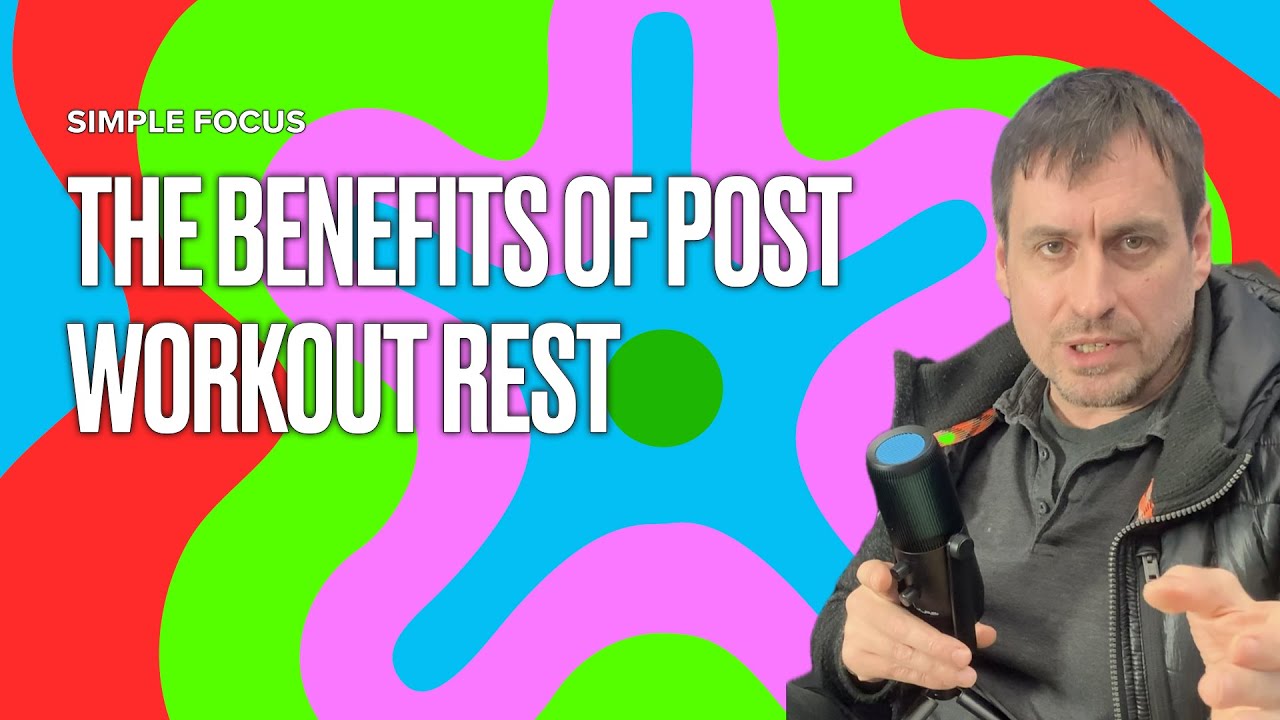Today I talk about post workout rest. Rest is a much underestimated part of our workout plan. We’ve already talked about hypertrophy in an earlier video, on, 10 February, so check that one out if you haven’t seen it already. Hypertrophy is essentially the physiological process which stimulates muscle growth. At a microscopic level when healthily stressed – which is the point of a workout – our muscles develop small tears. Those tears are a good thing. They are the signal to grow.
But hypertrophy has an important implication and that is that muscle growth doesn’t occur while we’re working out, but afterwards when we are resting. Indeed rest is important to unleash the full growth potential. Continue stressing the muscles too much and you will fail to allow them the time to grow. Having made the effort and investment, relax, and reap the rewards.
This is a misunderstood aspect of training. Indeed so misunderstood, many people fail to appreciate the most effective form of training is Polar training, by which I mean training that is polarised between hard workouts and lighter workouts. But, and this is an important point, the hard workouts should be far fewer than the lighter workouts.
For someone who is used to training hard, adopting the polar training approach can feel like cheating. Indeed, it can feel a little,… dare I say, sedate. However the important thing is to ensure you feel entirely comfortable so that when the next heavy VO2 max, or High Intensity session arrives, which if you are training five or six days a week should be no more than once or twice a week, you are physically ready to commit to it.
Anyway now that I’ve mentioned it, I won’t dwell any more on polarised training today.
No the objective we are considering today, is simple.
And that is understand that we can consciously focus on recovery. Having done the hard or high intensity work, it is scientifically proven there are benefits from focussing on recovery immediately.
I provide a link to a great short Andrew Huberman podcast on this subject. So check that out if you want to. In it, his guest, Dr Andy Galpin points to research showing listening to slow paced music will help to down regulate the body’s response after the workout is complete. Also he points out, it’s beneficial to focuss on breathing.
So try to find a place to meditate for a short period. On a matt at the gym is fine. Or on sitting on a bench in the changing room.
Even if you are time crunched or just resistant to spending quality time doing this, there is value in doing slow-down recovery breathing while taking a post workout shower.
Andrew Humberman notes that research from his own lab confirms the effectiveness of box-breathing and cyclic sighing. The first is a breathing techinque where you breath in slowly, hold, breath out slowly and hold again. A cyclic sigh is a breathing technique where you inhale fully, followed by a forced second inhale, and then exhale slowly. As well as reducing heart rate, over time the practice helps to reduce heart rate variability and helps reduce stress. It also reduces cortisol, which if experienced at the wrong time of day, is a big contributor to stress and bodily breakdown.
Lastly I’d add that consuming a small amount of carbs within 20 minutes of completing a workout isn’t a bad thing. Your body is ready to efficiently replenish glycogen stores within this time window and carb consumption is for this period that bit healthier. Also using a sauna helps blood circulation, which aids contributes to growth and, I believe there is even evidence it stimulates testosterone production. Even better, a post workout hot sauna followed by cold plunge bath, or if one those isn’t available, a cold shower, has a fantastic effect on reducing inflammatory stress markers.

